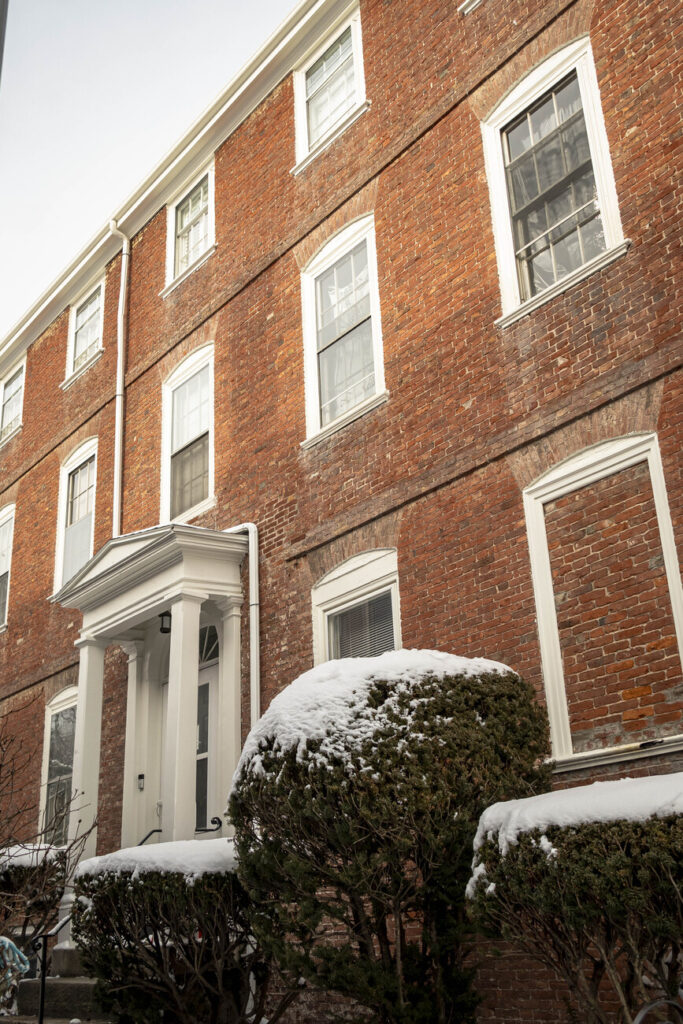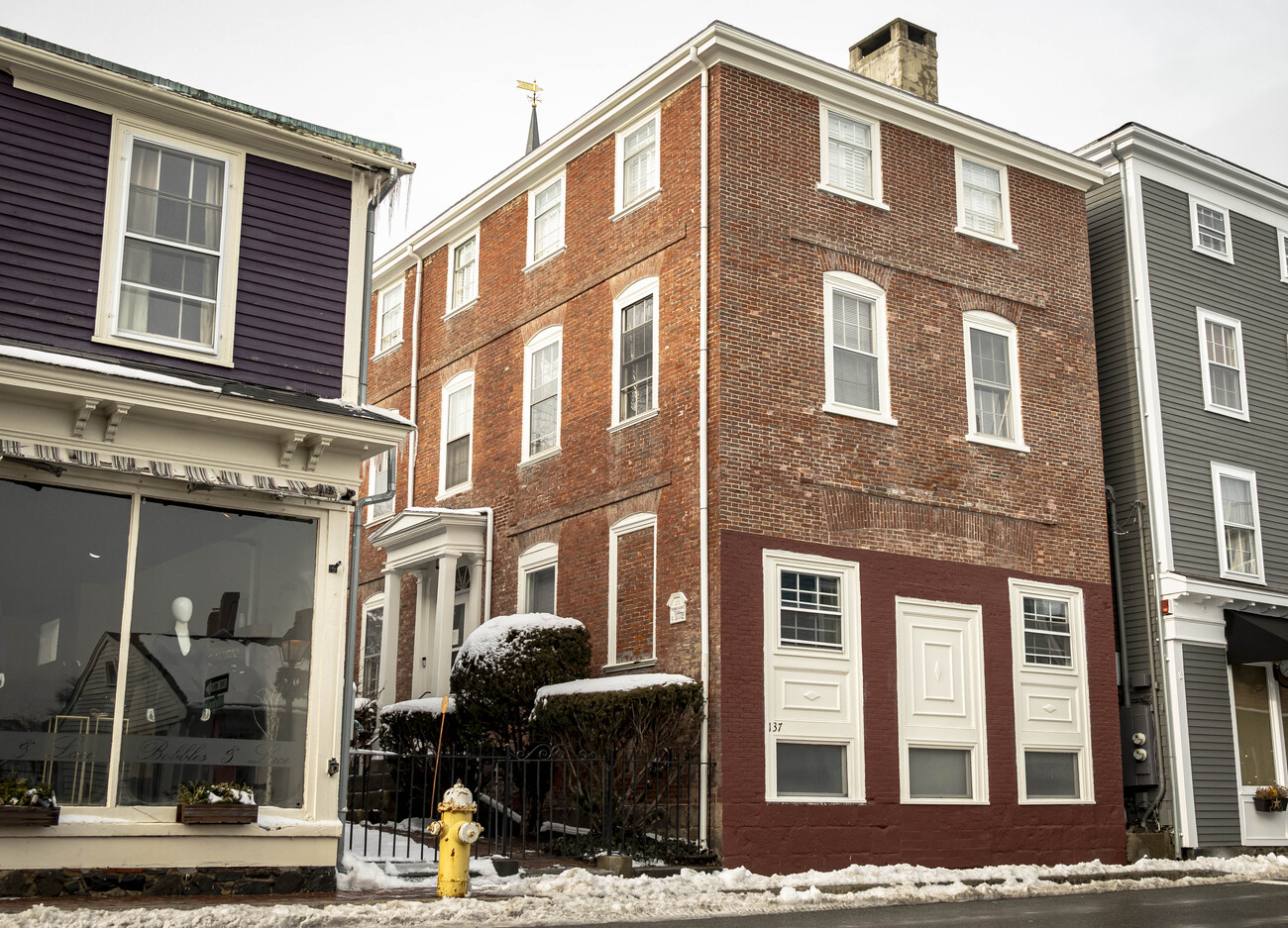One of the forms of buildings I love most is the Charleston single house. These buildings, found in – you guessed it – Charleston, S.C. have a narrow street-facing elevation relative to their depth.
According to Gerald Foster’s “American Houses,” Charleston singles are a product of how the city was planned using deep but narrow housing plots. Therefore, these homes are not defined by their appearance in the same way a Greek revival or Queen Anne is. Rather, a Charleston single house is just a form, a canvas for any style.
Now, as much as I love to look at Charleston single houses, I have never seen one in person. This is, naturally, a result of the fact that I have never been to Charleston – or South Carolina for that matter.
There is, however, a building in Marblehead that reminds me of a Charleston single house: 137 Washington St.

The building is situated, for lack of a better term, sideways on the street. The door-side elevation is not facing the street, but is on the side, down a little alleyway.
The original property on which 137 Washington St. stands was two acres, sold to Joseph Smethurst in 1737. His son, Gamaleil Smethurst, built the building sometime before 1754 after his father’s death.
In 1772, Gameliel Smethurst sold the house to Thomas Robie. Robie, his contemporaries believed, was a little problematic. OK, a lot problematic.
See, Thomas Robie was a Conservative, also known as a Tory, according to records from the Massachusetts Cultural Resource Information System (MACRIS). That probably would not have been such a sticking point if he did not “(antagonize) the town’s people by refusing to sign the Stamp Act Protest or the Nonimportation Act.” He went even further, jacking up the prices of gunpowder.
His dealings enraged ‘headers so much that they took matters into their own hands – and streets. The Robies, fleeing town on a boat headed toward Nova Scotia, drew a crowd of angry townspeople. The MACRIS document reports that this mob sent the Robies off, “hurling insults and taunts.”
In response, Mrs. Robie was quoted as saying, “I hope that I shall live to return, find the wicked rebellion crushed, and see the streets of Marblehead so deep with rebel blood that a long boat might be rowed through there.” Needless to say, she was frustrated.
She did in fact return to Marblehead, despite the lack of a rebel-blood flood and an “Inspection Committee” formed to prevent refugees disembarking in town without proper clearance. Her brother-in-law Rev. Isaac Story escorted her back to her home, and William R. Lee “smuggled” her husband back to town.
Upon his return, Mr. Robie found his personal items had been confiscated during his absence. The matter was resolved after he sued the town through his relative Samuel Sewall, resulting in a settlement. Tensions eventually died down after the Robies moved out of town.
Fortunately for everyone, later owners of 137 Washington St. seem to have been less ire-inducing.

